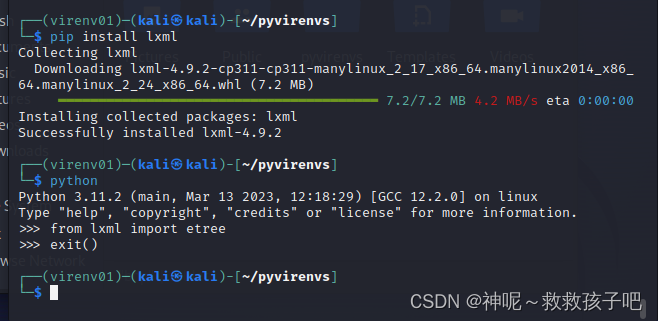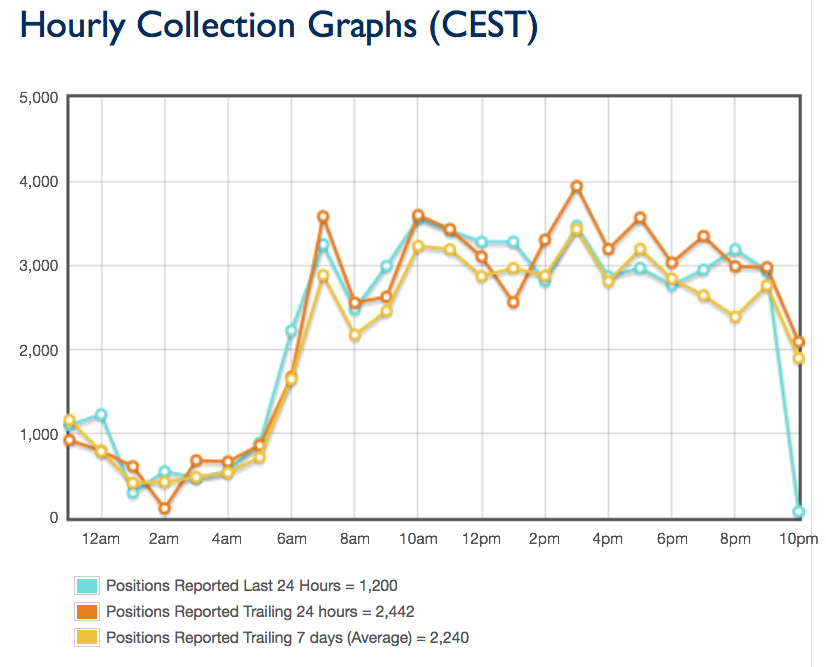
- SUDO APT UPDATE PYTHON HOW TO
- SUDO APT UPDATE PYTHON INSTALL
- SUDO APT UPDATE PYTHON CODE
- SUDO APT UPDATE PYTHON DOWNLOAD
These are preinstalled in a working environment, with pip included. However, as noted in the comments, you are still limited to apt-get installing a version of Python in the container based on the Ubuntu release of the container.Īs an alternative, there are official Docker images for each currently supported Python release (as well as the last 2.x release). Only a few of them technically answer the question's explicitly stated apt-get use-case, but the orthogonal answers are helpful to other readers (like me) as Docker-based answer pointed me in the right direction for my use-case and is greatly appreciated.

Some great answers here with alternatives for almost every use-case (install from source, PPA's, pyenv, Docker, Conda). Note: you should probably be using a virtual environment like virtual env or conda/anaconda anyway unless your using docker anyway. This solution installs python 3.6 but I am sure if you look into it there you can get python 3.5 if thats what you want. For a docker example one can do: docker pull continuumio/anaconda3ĭocker run -i -t continuumio/anaconda3 /bin/bash
SUDO APT UPDATE PYTHON INSTALL
Note: one can also just install Anaconda.

It seems that was one of my problems because I was starting from a docker image from tensorflow (in particular gcr.io/tensorflow/tensorflow:latest-devel-p圓) and something in that image (I assume its that they already have python 3.4 but it might something else) didn't allow me to update my python to get python 3.5.Ĭredit: I discovered this when I asked the following: Important Note: it seems that if you already have python 3.4 installed then apt-get install python3 does not work because it says you already have it.
SUDO APT UPDATE PYTHON DOWNLOAD
Then for some reason it needed to update some ubuntu stuff so I did (inside the container): apt-get update & apt-get install -y build-essential git libjpeg-devĪnd then I simply installed python3 and it seems it automatically got python 3.5: apt-get install python3Īnd to test if pip works lets download something: pip3 install tensorflow
SUDO APT UPDATE PYTHON HOW TO
This is how to do it.įirst install your desired Python version as before. However, what you usually want is to set a specific python and package version on a per-project basis. In the previous section, we saw how to use pyenv in a global setup. The global version is somethow determined by: ~/.pyenv/version We see that which python points to: ~/.pyenv/shims/pythonīecause ~/.pyenv/shims is prepended to PATH with the rc scripts. We can confirm that everything is locally installed in our clean environemnt with: python -c 'import cowsay print(cowsay._file_)' Python -c 'import cowsay cowsay.tux("Python is fun")' We can now proceed to install and use packages normally: pip install cowsay Select a different python version: pyenv global 3.8.0 We now have: * system (set by /home/cirsan01/.pyenv/version)

List available Python versions: pyenv versions # Build and install a Python version from source. Xz-utils tk-dev libffi-dev liblzma-dev python-openssl git Libreadline-dev libsqlite3-dev wget curl llvm libncurses5-dev libncursesw5-dev \ Sudo apt-get install -y make build-essential libssl-dev zlib1g-dev libbz2-dev \ Install the python version you want: # Increase the chances that the build will have all dependencies. bashrc: export PATH="$/.pyenv/bin:$PATH"įind Python version to install: pyenv install -list Pyenv allows you to manage multiple Python versions without sudo for a single user, much like Node.js NVM and Ruby RVM. This method does not use apt-get, but it is, I believe, the best option available today, as it can easily compile any Python version from source for you, so you don't have to rely on any PPAs. Step 4 – Check the Python VersionĬheck the latest version installed of python using below command. Make altinstall is used to prevent replacing the default python binary file /usr/bin/python.
SUDO APT UPDATE PYTHON CODE
Use below set of commands to compile python source code on your system using altinstall. You can also download latest version in place of specified below. Sudo apt-get install libreadline-gplv2-dev libncursesw5-dev libssl-dev libsqlite3-dev tk-dev libgdbm-dev libc6-dev libbz2-devĭownload Python using following command from python official site. sudo apt-get install build-essential checkinstall Use the following command to install prerequisites for Python before installing it.

Just follow this steps (tested) : Step 1 – Install Required Packages


 0 kommentar(er)
0 kommentar(er)
